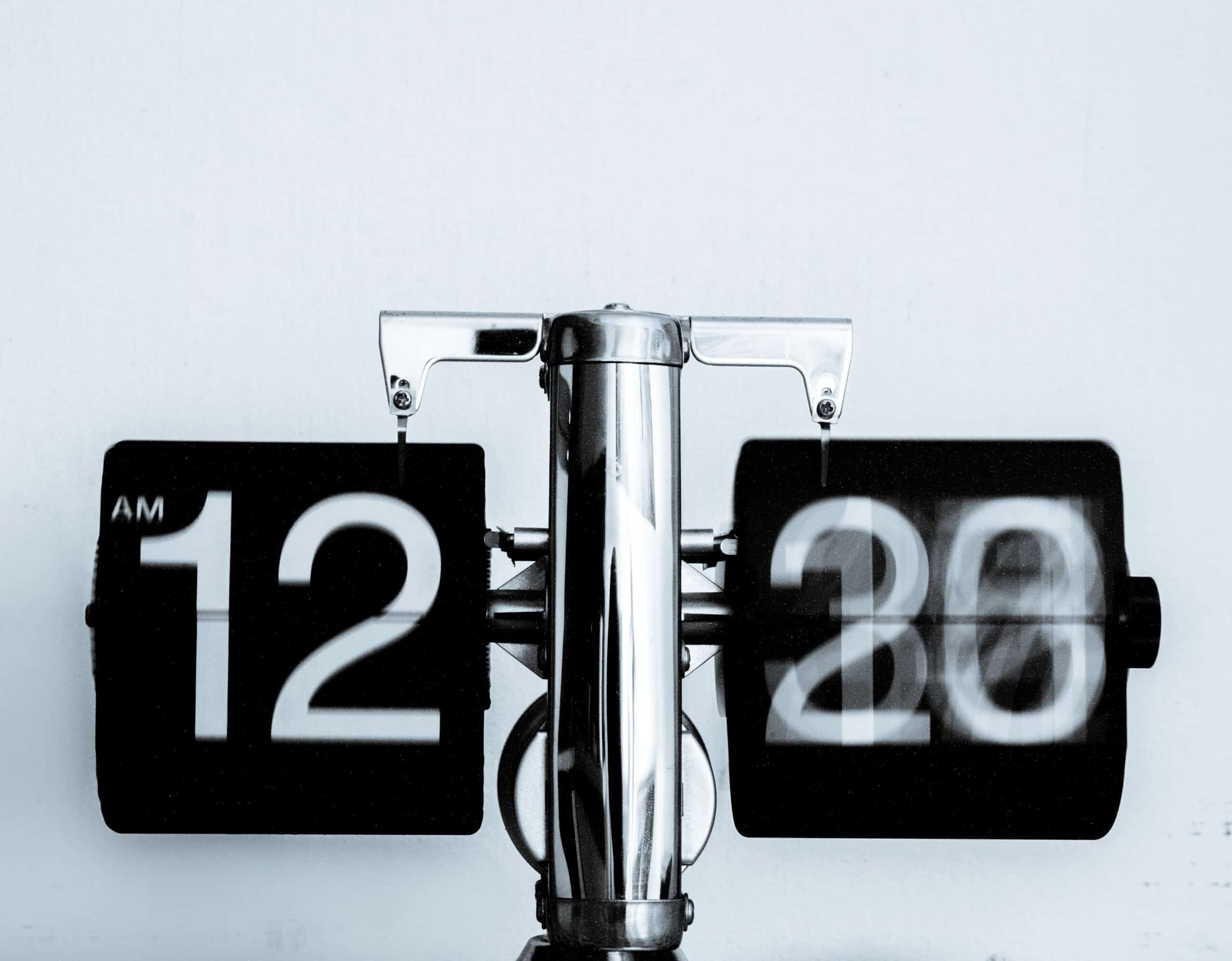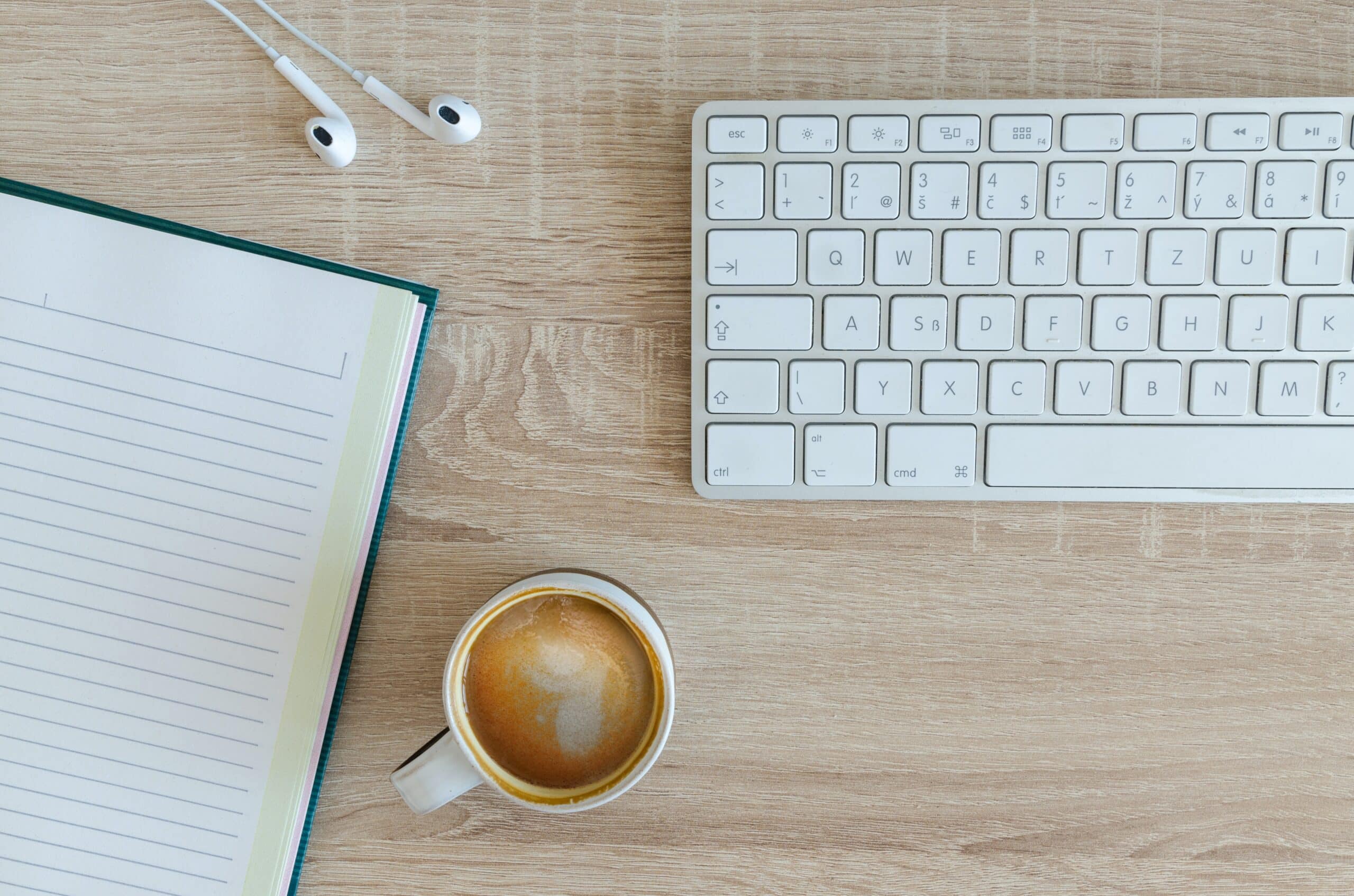After spending a significant time away from any space, it’s natural that there will be some anxiety surrounding your return. Will everything still be where you left it? Will the same people be there? Will you feel out of place?
The office is no exception. For many of us, it’s a foreign place we haven’t stepped foot in since March of 2020. Foreign in that it may as well be in another country across an ocean for all the contact we’ve had with it, but also familiar in the way our brains remember everything to be in the place we left it on the last day in the office.
Unfortunately, with many offices rethinking the cubicle as they design a space for the hybrid work model, the office you left won’t be the same one you walk back into. Ron Carucci, an organizational and leadership consultant, anticipates that this will cause a lot of employees to feel “lost in the familiar.” He explains, “Where you park, having your temperature taken, where your desk is situated, standing six feet apart from people in line for the coffee pot, and wearing PPE are just some practices that will contradict what your brain expects.”
All of these potential changes can be scary, but we’re here to suggest some tips for navigating this uncertainty as you mentally prepare for a return to the office.
Take it slowly

There’s no reason to rush into an uncertain situation. If possible, try spending two or three days a week in the office before going back for a full week. Even before you do that, it may be helpful to try a dry run to get reacquainted with the office and its new format and policies.
Psychologist Susan Albers recommends a mental walkthrough as well. “Imagery is powerful in helping people to cope with anxiety-filled situations,” she says. “When you do this, it’ll help you gear up emotionally.”
Communicate

Overcommunication will be key to returning to the office. Communicate with your manager. Communicate with your colleagues, and above all, communicate with yourself. Allow yourself to feel anxiety, acknowledge that it’s a valid response, investigate what exactly is bothering you, and think about ways that you and your team can remove those obstacles.
If you’re still getting used to the idea of going back to your office, you’re not alone. 70% of workers surveyed by PwC are hesitant to return to work, and a lot of that has to do with the uncertainty around when exactly they’ll be back in the office. Talk about these concerns with the relevant parties and work out a plan for staying safe and creating an environment conducive to your work.
Exercise your mind

Mental preparation is not something you set and forget. Just like the rest of your body, your mind needs to be exercised and trained. Apps like Headspace and Calm are daily meditation apps that can help you get into a mental space that’s ready for office life. Not only might they help with anxiety, but a Harvard Medical School study found that “meditation can change the…brain regions linked with memory, the sense of self, and regulation of emotions,” which could produce an uptick in productivity as well.
If you’d prefer a guided mental journey over a solo one, look into counselors, coaches, and therapists who have experience helping people through transitions. Not only will this help in the near future, but it could turn into a valuable resource through other ups and downs in your career.
Reclaim your space

Remember when you were unsure of how and where you were going to work when the office closed? You dove into retrofitting your bedroom or another corner of your living room with the desks, monitors, and #1 employee swag necessary to make it into a workspace. Why not do the same with your corner of the office?
Bring a little of your home into the office to help with the transition. Maybe that means a plant you adopted during the last year (research has shown that interaction with indoor plants can reduce stress and even lead to increased productivity) or a picture you keep on your desk at home. In addition to office accoutrements, try bringing some of the habits and routines from your remote life back to the office. If you enjoyed taking meetings while walking around the block, dial in “remotely” while you stretch your legs.
Ready to return?
Returning to the office after so much time away will take some getting used to for everyone, and it’s ok to have mixed feelings about it. On the plus side, you’ll reunite with old coworkers and rediscover a space where you’ve done great work. On the other hand, you’ll give back some of the flexibility you gained while working remotely. As you get back to the office, remember to keep an honest dialogue open with yourself and your team. You’re all in it together, and the transition will be smoother if everyone works together.
How are you thinking about mentally preparing for a return to the office? Are you ready to get back to your desk? We’d love to hear your thoughts on Facebook, Instagram, Twitter, or LinkedIn!


